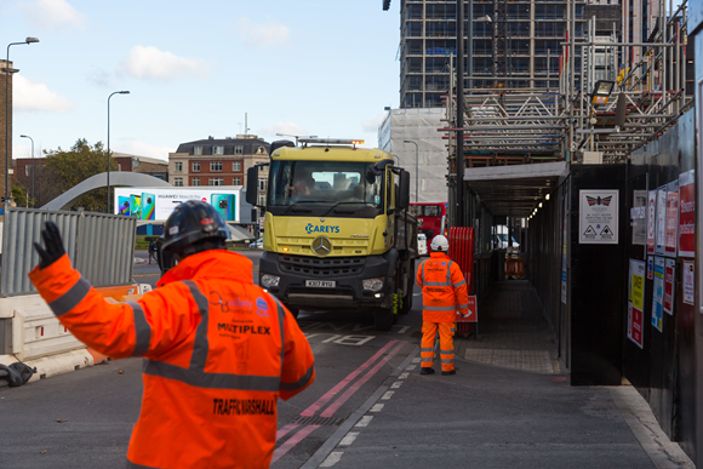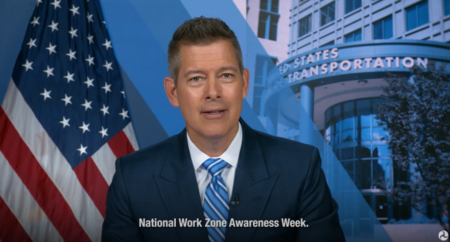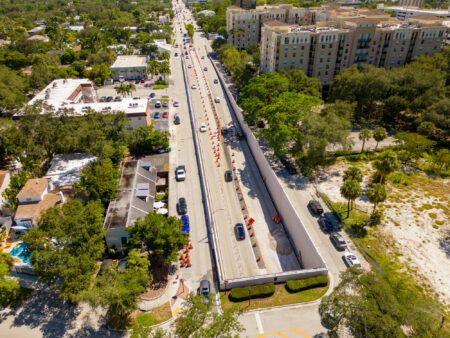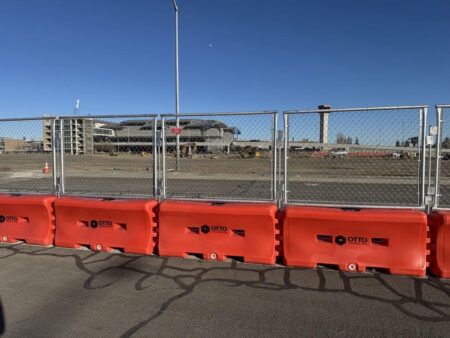Transport for London (TfL) has announced that it has signed a new contract with construction business management consultant SECBE to deliver the Construction Logistics and Community Safety (CLOCS) scheme, which aims to make construction vehicle fleets safer and greener across the UK. The new contract will begin in December 2021 and last for five years.
Developed in 2013 by TfL as a scheme focused on reducing collisions between vulnerable road users and construction traffic, CLOCS has been instrumental in improving safety throughout the construction supply chain. Participating construction companies are required to sign up to the CLOCS Code of Conduct and undertake safety training for their staff in order to receive accreditation.
Encouraging operators to take part in the CLOCS scheme is an important part of the Mayor’s Vision Zero goal to eliminate death and serious injury on the transport network. A new version of the CLOCS Standard, which came into force in January 2019, includes a requirement for construction vehicles to report collision data through the supply chain. This ensures that action plans can be put in place to prevent future collisions.
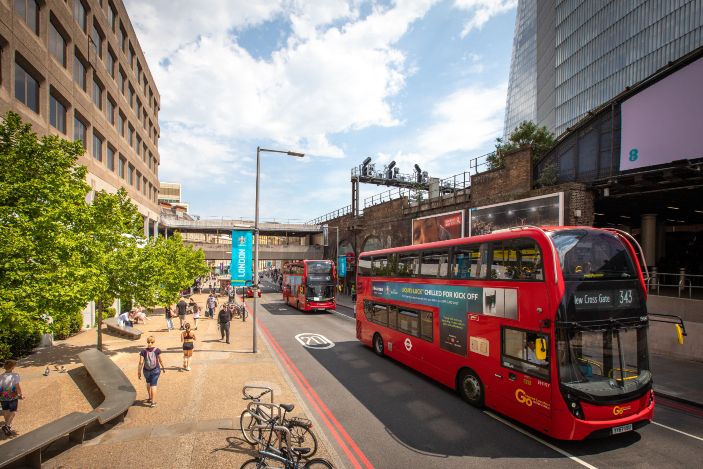
Since its introduction, around 600 operators have gained formal training in improved construction practices, and major constructors have signed up to CLOCS in order to deliver better supply chain safety throughout the UK. The scheme currently has around 360 champions including regulators, planning authorities, developers, contractors and fleet operators.
Initially run as a scheme for construction fleets operating in London, it will now be expanded nationwide to ensure that people across the UK can benefit from higher vehicle, safety and environmental standards. As part of the new contract, funding will be entirely through sponsorship from other UK city regions and construction logistic training schemes and will no longer require TfL funding. The new contract will also encourage greener and more sustainable construction trips, as well as keeping the core focus on safety.
“We’re determined to meet our Vision Zero goal of eliminating death and serious injury from London’s roads and improving the safety of construction vehicles and industry practice on the capital’s roads is key to this,” says Christina Calderato, director of transport strategy and policy at TfL. “CLOCS plays a crucial role in providing safer, cleaner and greener streets for everyone by accelerating safety standards in the construction industry and ensuring the safest construction vehicle journeys from start to finish. We’re delighted that the new contract signed with SECBE will allow the scheme to be taken nationwide, continuing our vital work to improve safety throughout the construction supply chain.”
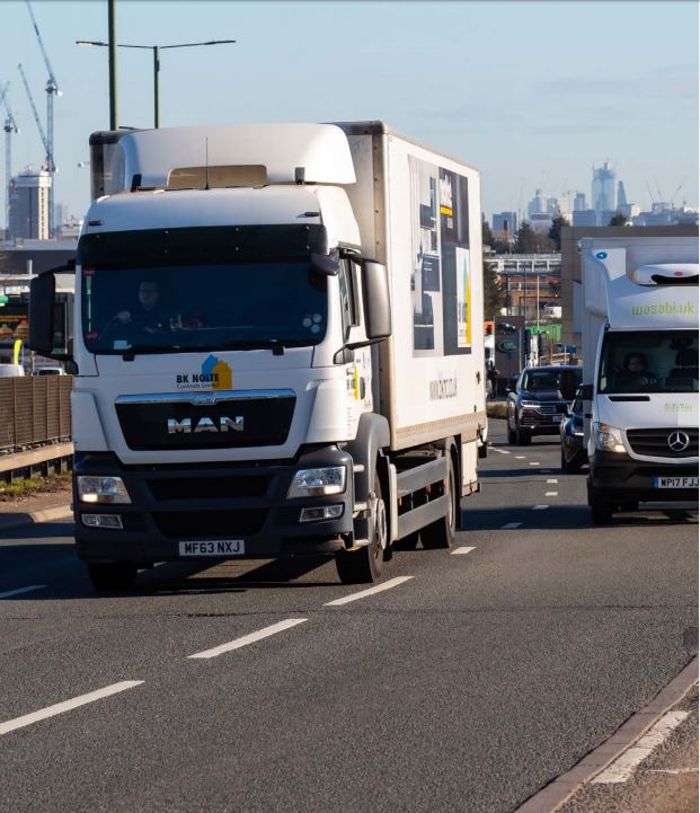
“The whole teams feels incredibly passionate about CLOCS and is invested in helping our Champions reduce the risk to vulnerable road users, reduce vehicle emissions and encourage active travel by ensuring those communities affected by construction activity have safer, cleaner and greener streets to live, work and play on,” adds Andy Brooke, programme director for CLOCS. “There is still much to do but we can now look forward with renewed vigour to help cities, councils and local authorities across the UK, deliver on their commitments to eliminate death and serious injury from their roads, and improve the safety of construction vehicles and industry practice.”
TfL and the Mayor continue to work towards their Vision Zero goal of eliminating death and serious injury from collisions on London’s transport network.
TfL’s world-first Direct Vision Standard, which reduces lethal blind spots on lorries, is already helping to save lives and prevent life-changing injuries. The scheme requires owners of heavy goods vehicles (HGVs) weighing more than 12 tonnes to apply for a free permit that assigns vehicles a star rating based on how much the driver can see directly through their cab windows in order to be able to drive in London. Since its introduction, more than 70,000 HGVs have had safe systems fitted, improving protection for people walking, cycling or riding e-scooters or motorcycles and saving lives.


